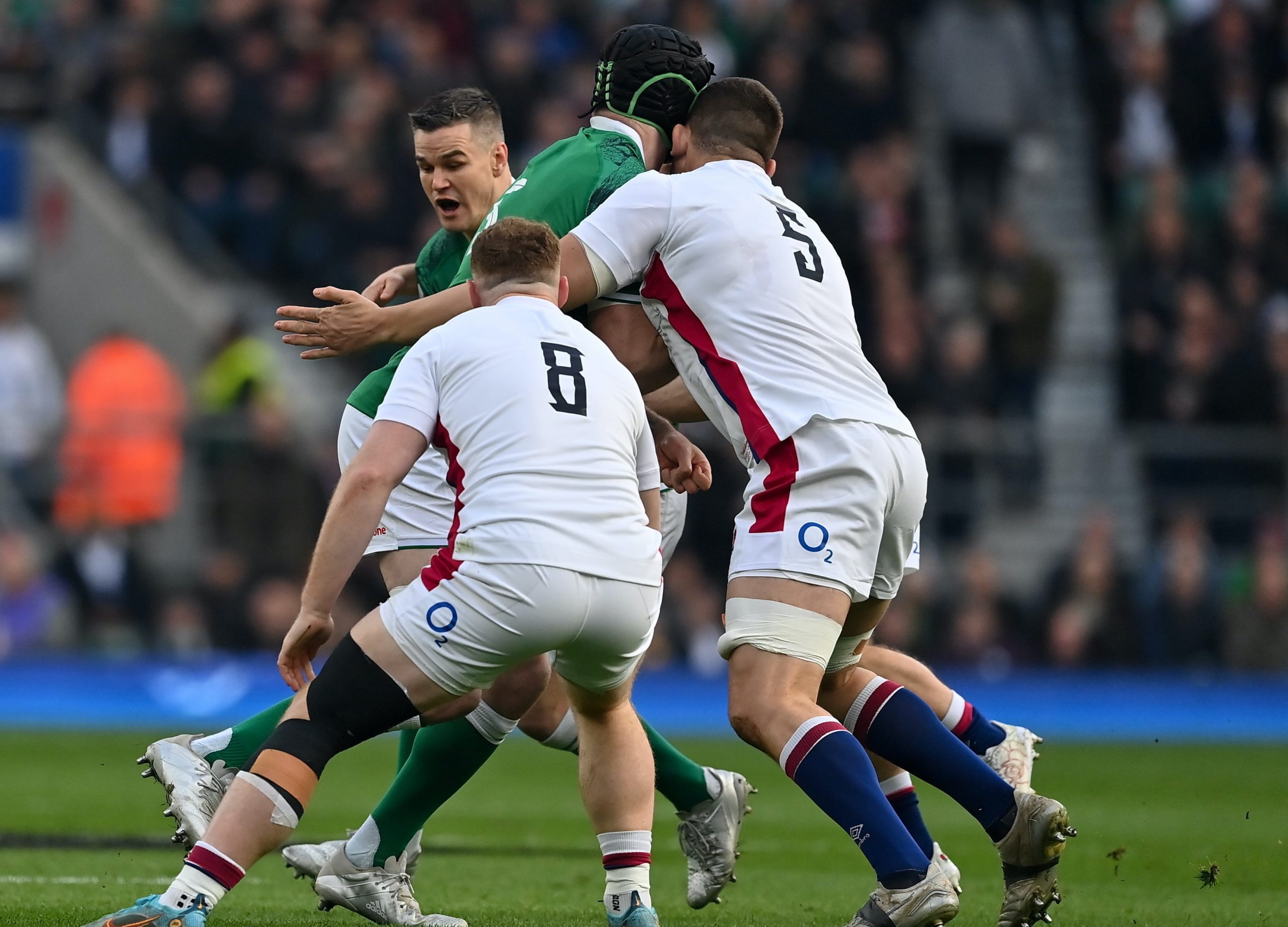The Champions Cup Round of 16 playoffs were shaped to a farcical degree by red cards, yellow cards, high hits, late hits and shoulder charges. In the eight second leg matches there were five reds and fifteen yellows, and there should have been at least two more reds. That, by any measure, is a daft way for a sport to go about its business. To put this in historical context it took 102 years of international rugby before an Irish player got sent off (Willie Duggan in 1977) and another 33 years for it to happen again when Jamie Heaslip…
Cancel at any time. Are you already a member? Log in here.
Want to read the full story?
Unlock this article – and everything else on The Currency – with an annual membership and receive a free Samsonite Upscape suitcase, retailing at €235, delivered to your door.

